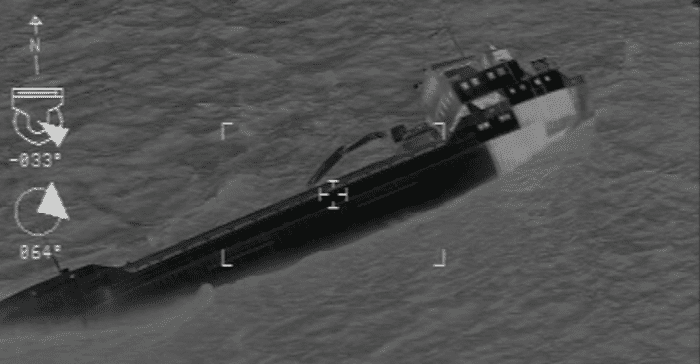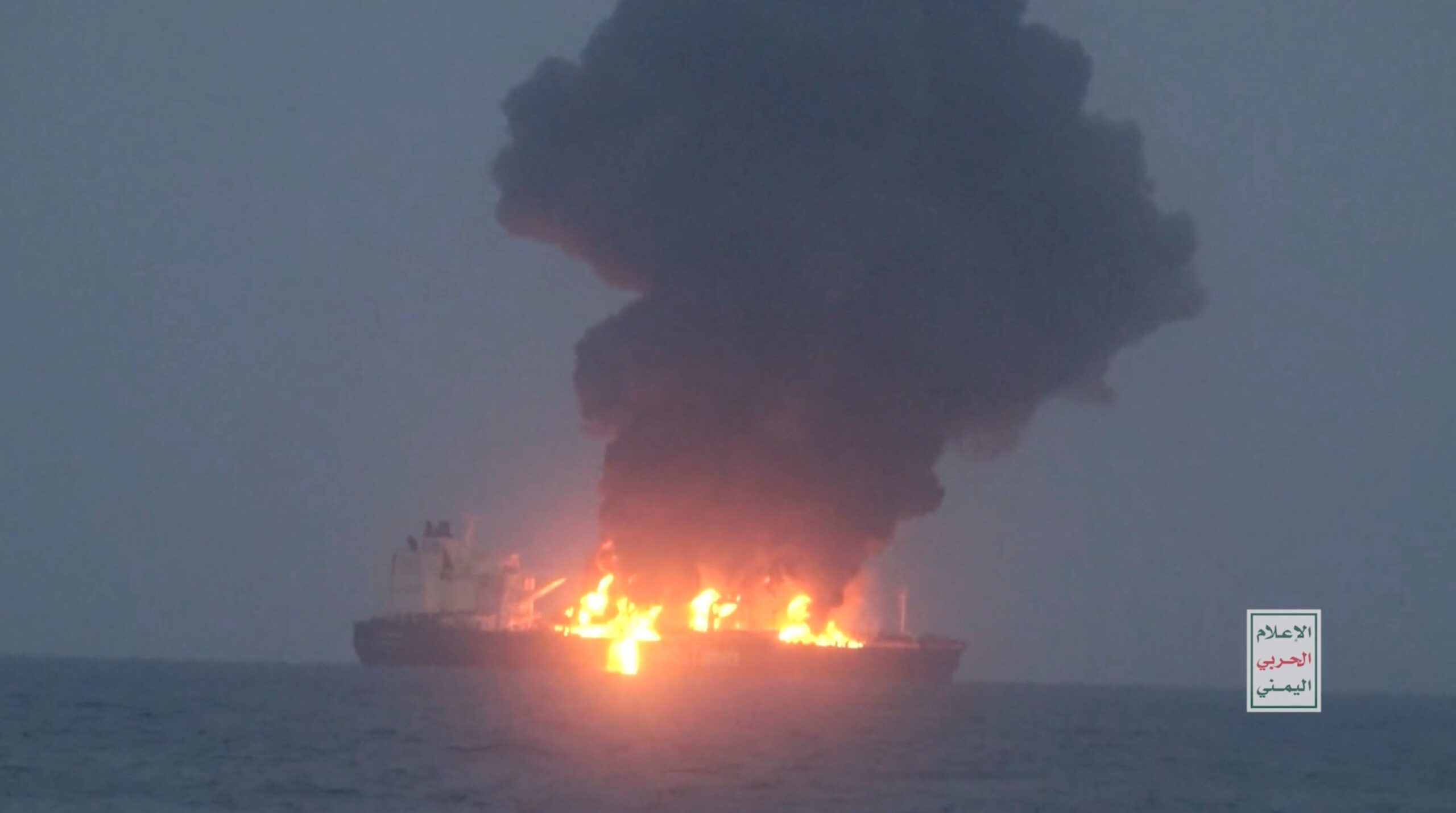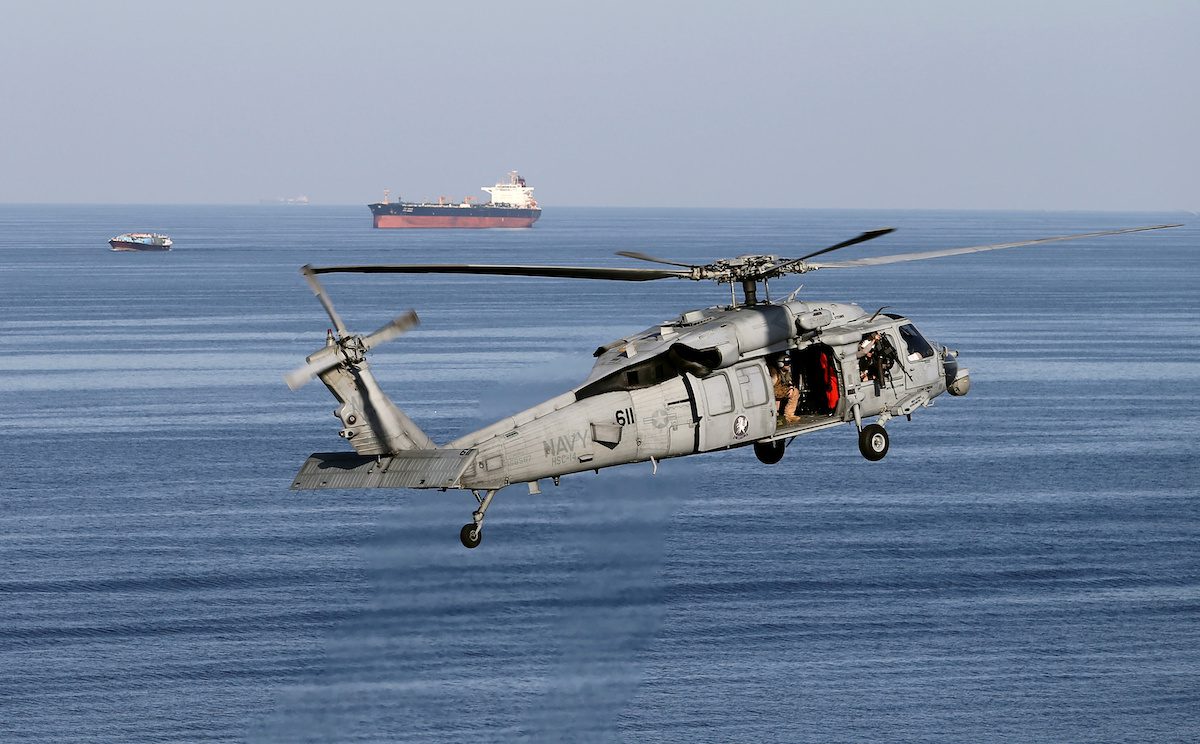P&I club Gard is warning of the liquefaction risk of cargoes that are not listed as Group A cargoes in the IMSBC Code, citing recent incidents where ships carrying such cargoes experienced liquefaction, endangering the crew and the environment.
Group A cargoes can liquefy if shipped with a moisture content above their Transportable Moisture Limit (TML).
In one incident, a vessel carrying over 1,900 tonnes of soil from a landfill listed and eventually sank due to wind and waves causing the cargo to behave like liquid during transit. The crew was rescued and the authorities ordered the removal of oil from the wreck. An investigation by the Norwegian Safety Investigation Authority (NSIA) concluded that moisture in part of the stockpile and soil taken on board likely contributed to the incident.
In another case, a cargo of calcium carbonate, which was not specifically listed in the IMSBC Code, caused a vessel to develop a list shortly after leaving the load port. The cargo had a moisture content over 30%, exceeding both the TML of 24% and Flow Moisture Point (FMP) of 26.7%, making it unsafe for carriage. The cargo had not been tested for flow characteristics, and laboratory testing later confirmed it to be Group A. Particle size distribution (PSD) analysis revealed the material to consist entirely of particles less than 2mm.
Unlisted Cargoes
Gard cautions that while the IMSBC is not a comprehensive database of all commodities that may be carried on ships, the code does providing instructions for dealing with cargoes not listed, including obtaining acceptance from the competent authority at the port of loading. However, Gard warns these provisions can be difficult to put into practice, and proposals are being formulated to improve the Tripartite Agreement. Members facing commercial pressure to load unlisted cargo without acceptance are encouraged to contact the Club.
Bulk Cargo Shipping Names (BCSN)
Gard reminds shippers that Section 4.2.2 of the IMSBC Code requires shippers to use the BCSN when listing cargo, and trade names should only be used as secondary names. This ensures that the Master can confirm that the cargo aligns with the properties listed in the Code. If the cargo does not meet the Code’s description, the Club should be consulted. Members are advised to ask for the correct BCSN or acceptance from the competent authority if shippers provide cargo documents without it.
In the end, Gard emphasizes knowing your cargo to reduce your risk. Understanding the cargo properties and risks is essential for safety control, especially if the crew is unfamiliar, Gard says.

 Join The Club
Join The Club











